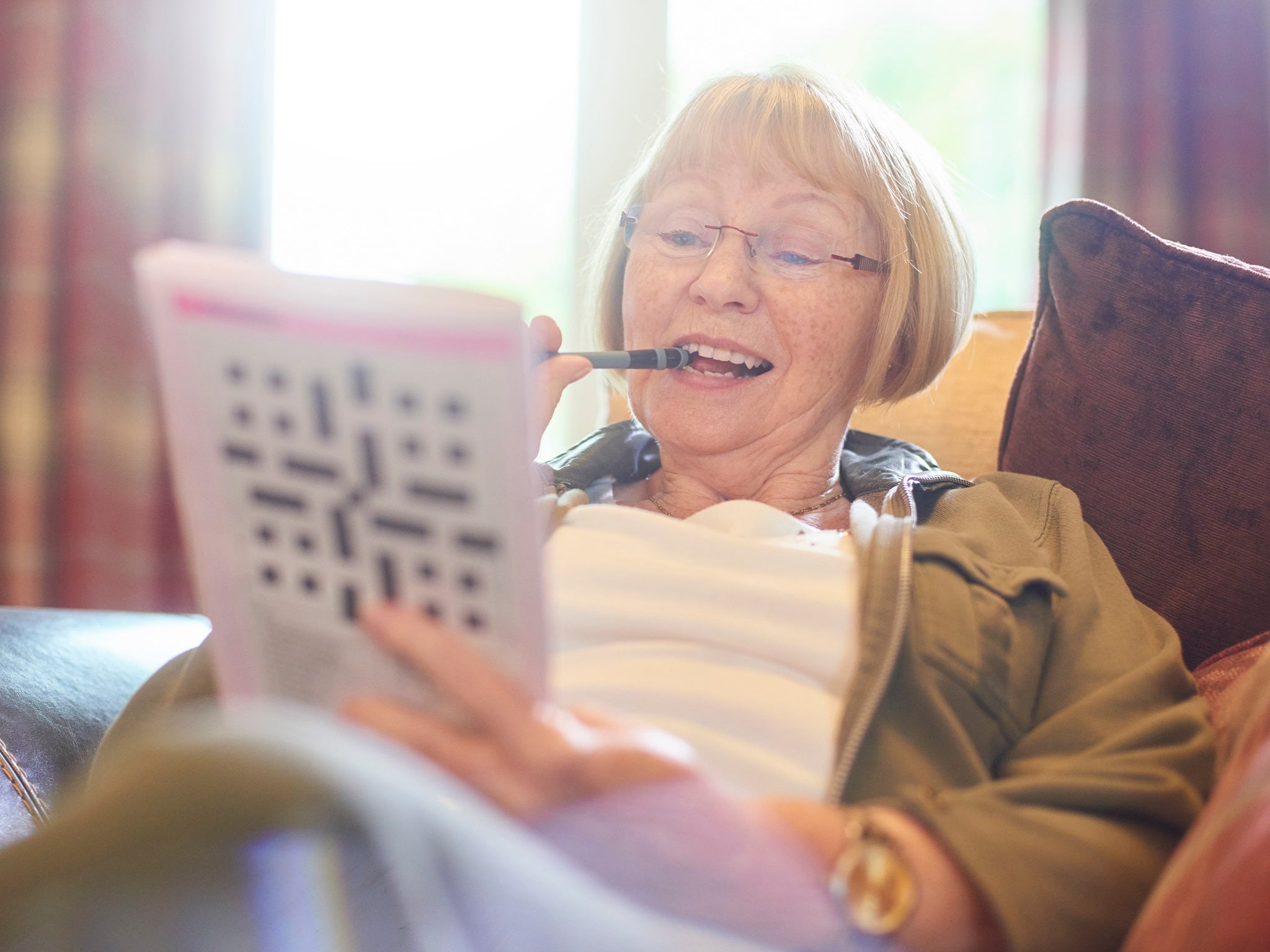Doing Sudoku and crosswords won't stop dementia or mental decline, study suggests
Reading, playing board games, and playing musical instruments could help instead, researchers say

Regularly doing puzzles like Sudoku will not protect the mind from dementia, researchers have found.
The idea of “use it or lose it” and doing problem-solving activities such as crosswords has been widely accepted as a way of protecting brains from cognitive decline in later life.
However, researchers have found that while doing this throughout life could boost mental ability and give a person a “higher starting point” from which to decline, it would not necessarily help prevent age-related mental decline or dementia.
A study, published in the British Medical Journal (BMJ), followed 498 people born in 1936 who had all taken part in the same group intelligence test at the age of 11.
Led by Roger Staff at Aberdeen Royal Infirmary and the University of Aberdeen, the study began when participants were 64 years old and they were tested for information processing speed and verbal memory up to five times over 15 years.
The results found that while taking part in problem solving through things like crossword puzzles and Sudoku could boost mental ability, it had no influence over mental decline as people age.
No studies have so far shown that brain training prevents dementia.
Last year the Global Council on Brain Health encouraged people to find a stimulating activity to challenge the way we think instead.
It came after research published in 2003 by Dr Joe Verghese found that those who participated at least twice a week in reading, playing board games, and playing musical instruments had significantly reduced risks for dementia.
Dr David Reynolds, chief scientific officer at Alzheimer's Research UK, said the new study added to the “ongoing 'use it or lose it' debate”.
He told the BBC that since the research did not consider people with dementia, “we can't say from these results whether specific brain training activities could impact a person's risk of the condition”.
“In addition to staying mentally active, keeping physically fit, eating a healthy balanced diet, not smoking, drinking within recommended guidelines and keeping weight, cholesterol and blood pressure in check are all good ways to support a healthy brain as we get older,” he added.
Subscribe to Independent Premium to bookmark this article
Want to bookmark your favourite articles and stories to read or reference later? Start your Independent Premium subscription today.

Join our commenting forum
Join thought-provoking conversations, follow other Independent readers and see their replies